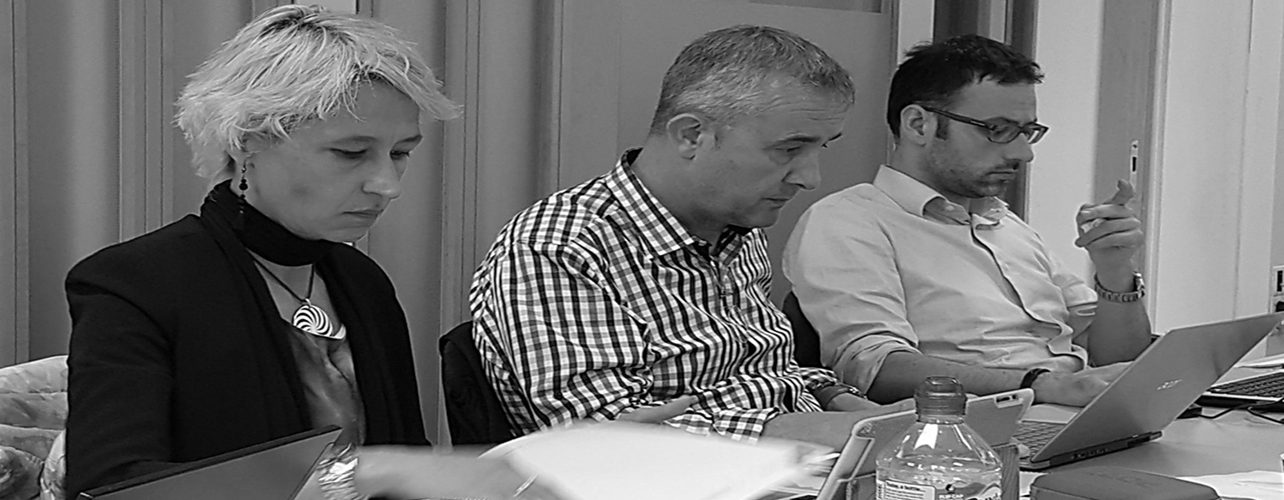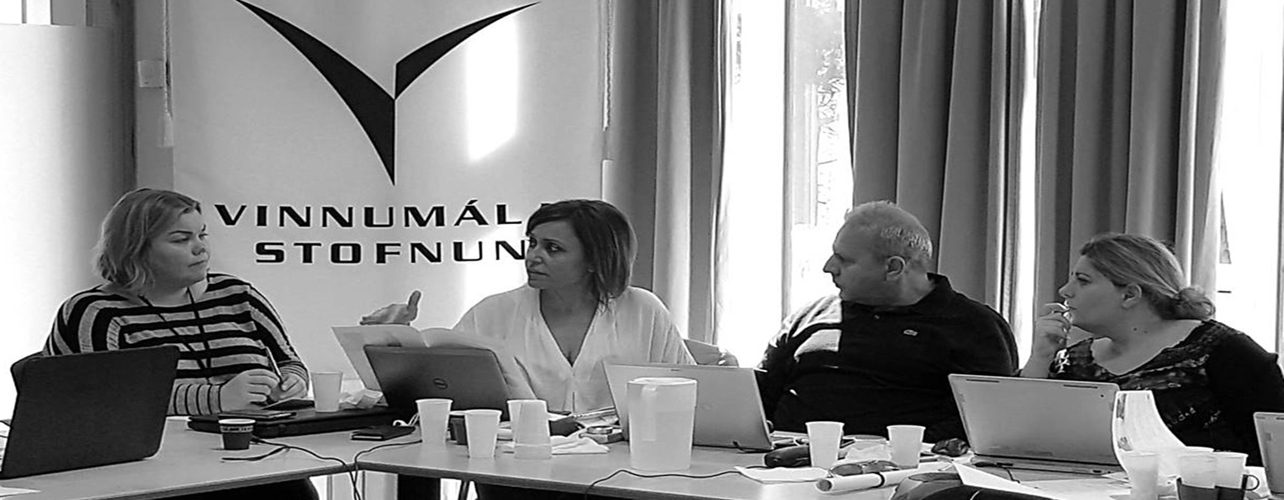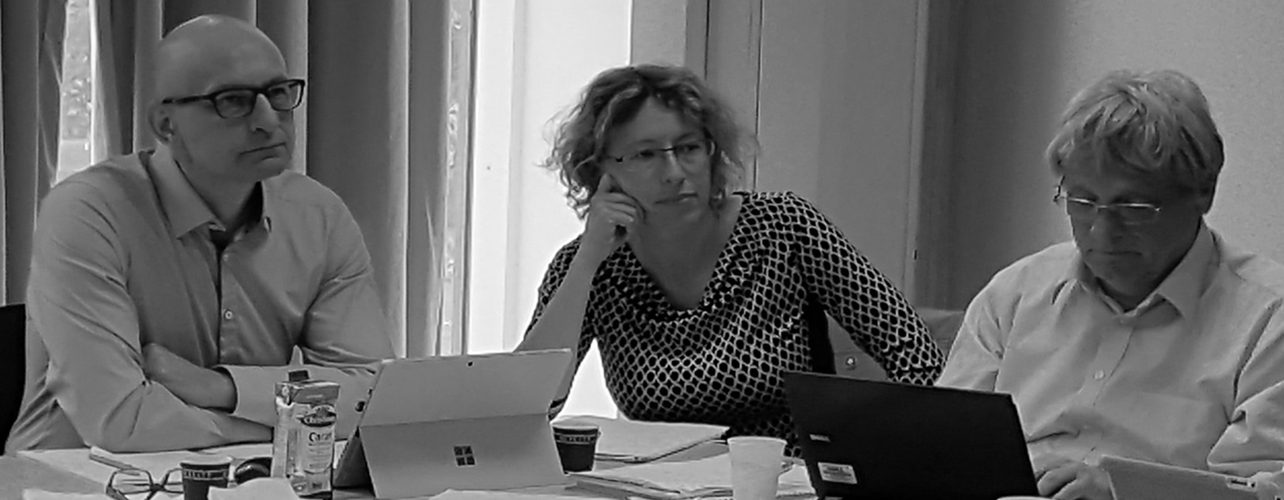This project aims to design and test a new learning programme to support the newly-emerging occupational profile of the ‘Job Broker’ in Europe.
The project brings together 8 European countries to develop and validate jointly a ‘new’ action learing-based curriculum programme and self-directed learning guide which contributes towards improving the quality, efficiency & relevance (attractiveness) of VET to the needs of the labour market. The project contributes towards the implementation of the Europe 2020 strategy for jobs for 75% of the population aged 20-64 to be in work & its flagship initiatives “inclusive growth” by validating a Curriculum Programme that would help VET providers in the EU to increase their success rate in securing sustainable jobs for their learners (the job-seekers). In addition, through the standardisation of functions within the role of the Job Broker, the project will foster the mobility of these skilled professionals.
Set against the context of high unemployment across Europe, particularly in the South, – but also a context where there are signs of recovery & even skills shortages & unfilled vacancies, the role of the effective ‘Job Broker’ is emerging as a key player in VET provision– a professional, working in a variety of contexts (Public Employment Services, Job Counselling, VET organisations) identifying & matching learners on publicly funded VET and employment programmes into sustained job opportunities. [read more=”Read more” less=”Read less”]
The project has thus far highlighted not only that the Job Broker role exists in different forms in many EU countries but also that the emerging world of ‘payment by results’,(increasingly common in public programmes), is changing the focus of this role dramatically. This is particularly marked in the UK, where ‘output’ funding is common – in some circumstances with 100% of the public funds contingent upon the supported/unemployed learner securing and retaining a job. However, this trend is also beginning to appear in the VET and VET-linked systems in Germany, Spain and Greece & it is being considered in other member states (e.g. Italy), forcing VET providers to ‘re-think’ traditional approaches.
This factor, along with others, means it is no longer enough to just train people up or ‘match’ candidates to jobs: VET providers are having to deploy resources in different ways, to work more closely with employers to ‘broker’ & sustain the job outcome.. To fulfil the expectations of Employers, Job Brokers are increasingly required to better understand specific sectors & roles. Further, learners on public funded programmes will be from target groups requiring greater support (e.g. long-term unemployed, people with disabilities, NEETs) meaning the JB has to be adapt at providing personalised, tailored support for the learner & long term ‘in work’ support.
These new contexts arise directly from changes in VET policies as they align to economic development strategies with corresponding challenges for how the JB’s role in EU VET systems is to be developed, trained for, validated and ultimately accredited. Therefore the specific project objectives are:
1. In-depth, comprehensive transnational research study and comparative analysis of job brokering factors, policies, practices.
2. Development of a ‘Job Profile’ aligned to NQFs and the EQF.
3. Design & development of a Curriculum Programme and a ‘Train the Trainers’ strategy for effective job brokering.
4. Produce a guidance tool for the successful Job Broker.
5. Validation of the training programme and an exploration of how the programme can lead to accreditation.
6. Consideration of creating a Network of competent Job Brokers able to foster mobility across partner countries.
The project needs to be delivered transnationally, simply, because the development of a common curriculum framework with validation from Job Brokers themselves at its core to prepare the JB to the increasing demands from employers, job-seekers and VET providers across the EU, requires the know-how and resources from organisations that complement each other, as no single organisation is able to embark on this challenge on its own
[/read]



